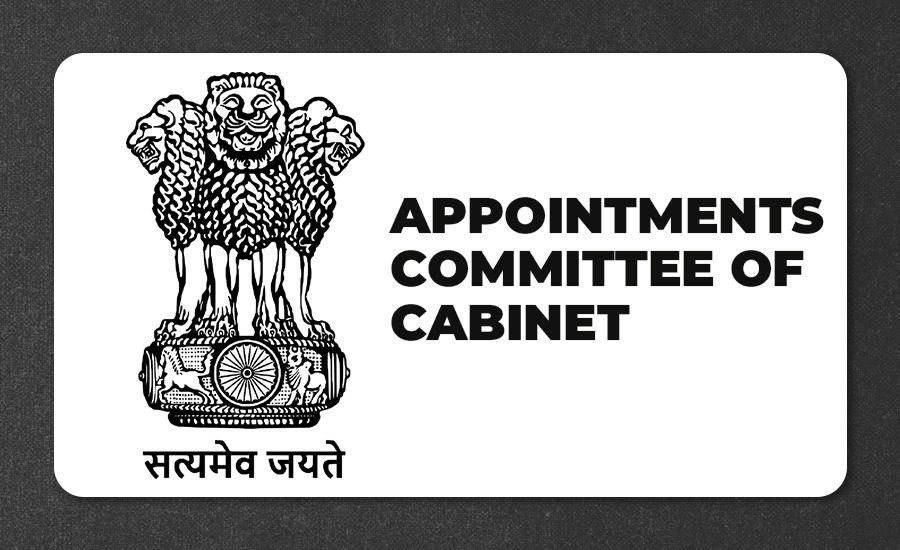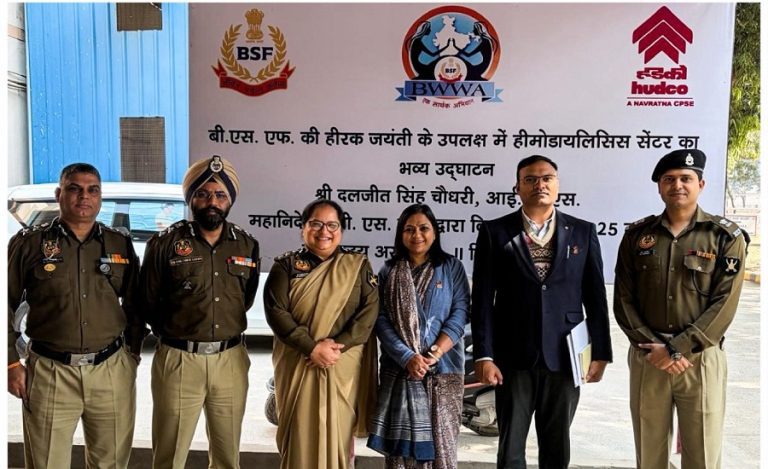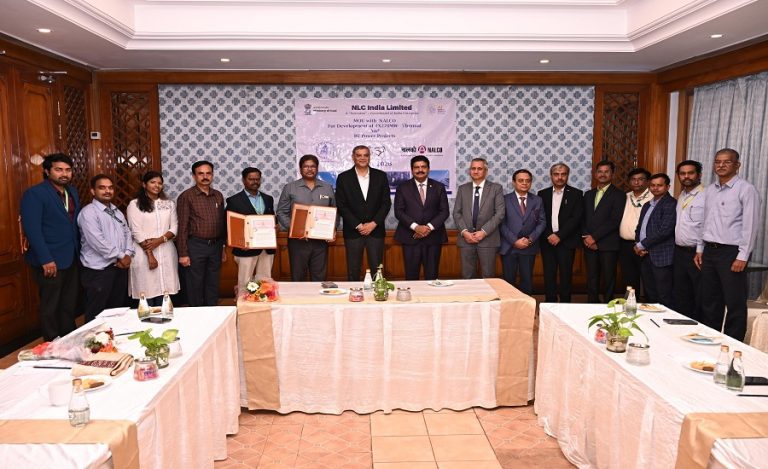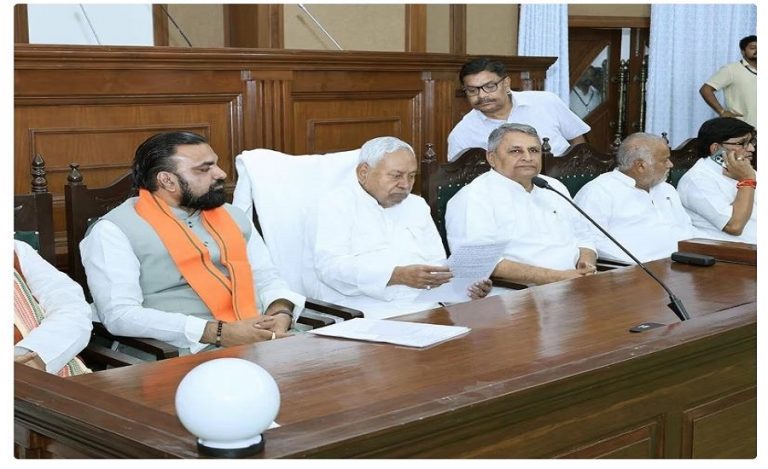New Delhi: The Appointments Committee of the Cabinet (ACC) has approved the extension in the temporary upgradation of five senior-level bureaucratic positions across multiple central ministries and institutions. The decision, announced on Monday, aims to ensure continuity in leadership and administration within crucial departments and organizations.
The extensions allow these officers to retain higher responsibility designations—either at the Secretary or Additional Secretary levels—beyond their current tenure, ensuring strategic continuity in key policy-making roles.
Details of Officers and Extended Positions
The following officers will continue in their upgraded roles:
Sriram Taranikanti (IAS:1992:TR)
His term as Director, Lal Bahadur Shastri National Academy of Administration (LBSNAA) has been extended. The post remains temporarily upgraded from Additional Secretary to Secretary level. His extended tenure will now run until July 31, 2026.
Shashi Ranjan Kumar (IAS:1992:TR)
Receives an extension as Secretary, Union Public Service Commission (UPSC). This post is also upgraded from Additional Secretary to Secretary level. His new term is valid until September 3, 2026.
Sanjay Rastogi (IAS:1991:OR)
Continues as Joint Secretary & Financial Advisor, Ministry of Youth Affairs & Sports. His post is temporarily upgraded to Additional Secretary level, now extended until August 11, 2026.
Nitishwar Kumar (IAS:1996:UP)
His role as Joint Secretary & Financial Advisor, Ministry of Women & Child Development, will remain at the Additional Secretary level until September 30, 2026.
Amitesh Kumar Sinha (IRAS:1997)
Retains his upgraded position as Joint Secretary, Ministry of Electronics & Information Technology (MeitY), at the Additional Secretary level, extended until August 9, 2026.
Continuity in Senior Bureaucratic Roles
These extensions come at a time when the government continues to emphasize stability and expertise at the helm of policymaking bodies and key departments. Upgraded posts provide select officers with higher administrative and financial powers, enabling more effective leadership.
By extending these roles, the ACC reinforces a strategic focus on long-term planning, governance, and departmental coherence, particularly in ministries dealing with youth development, child welfare, public service reforms, and digital infrastructure.




























